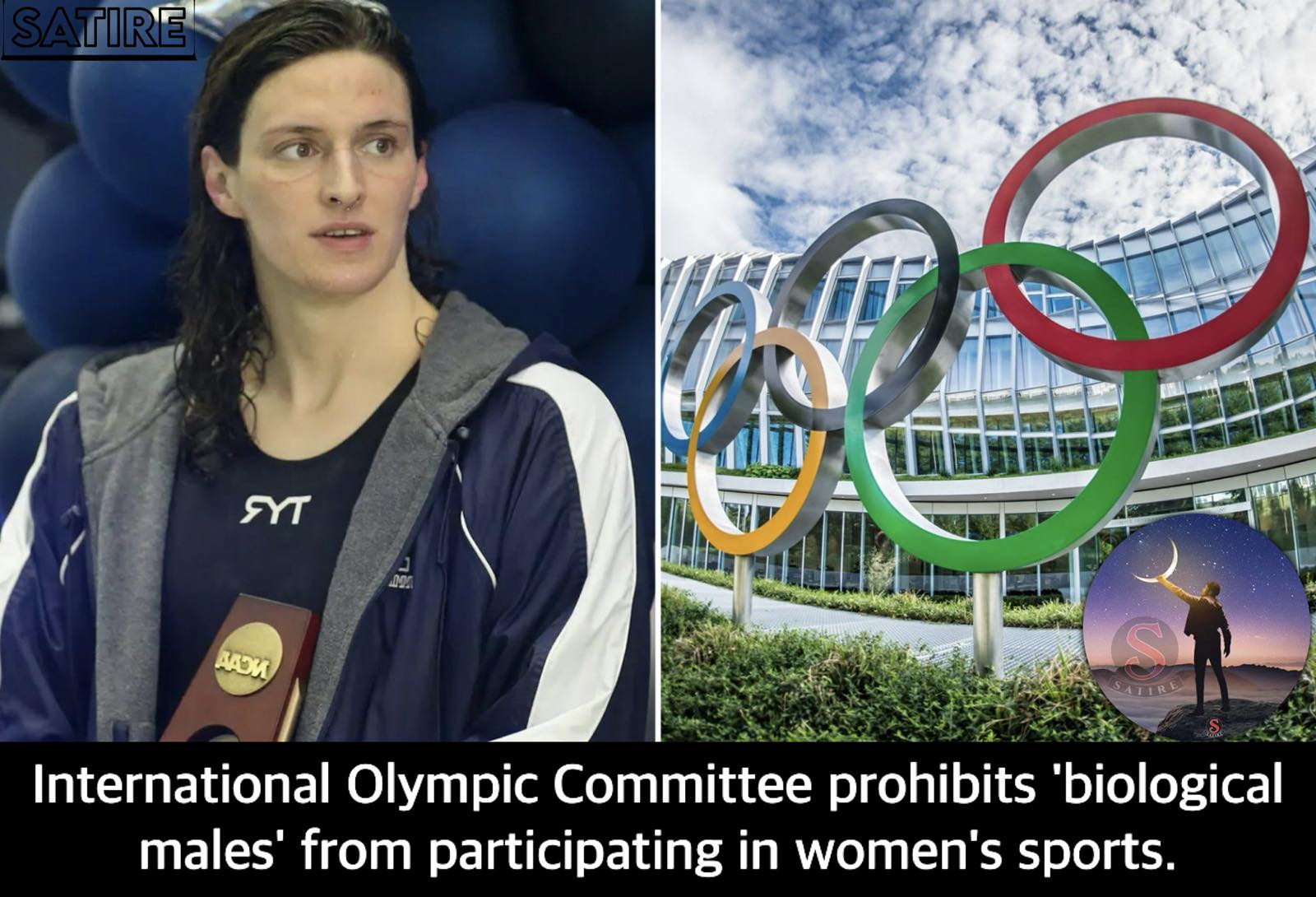The world of sports has long been a battleground where debates around inclusivity, fairness, and identity collide. The latest controversy from the International Olympic Committee (IOC) involves a ban on ‘biological males’ from participating in women’s sports. This decision, aimed at addressing concerns about fairness and competition, has sparked discussions about gender, biology, and athletic prowess.
The IOC’s decision is intended to address perceived imbalances in competitive sports, particularly in events designated for women. However, critics argue that such a policy reinforces traditional gender norms and could exclude transgender women from participating in sports that align with their gender identity.
Implementing this policy is challenging due to the difficulty of defining ‘biological males’ in a way that is clear and respectful of diverse gender identities. The nuances of gender identity and the complexities of transitioning make it challenging to establish universally applicable criteria. As the IOC grapples with these issues, the sporting community is contemplating the balance between inclusivity and maintaining competition integrity.
This decision places transgender athletes in a unique position, prompting a reevaluation of existing guidelines for their participation in sports. While fair competition is important, there is a growing call for an approach that considers the diverse experiences of transgender individuals and balances fairness and inclusivity.
The IOC’s decision has prompted discussions within the sports community and wider society. Public opinion reflects diverse perspectives on gender identity, equality, and sports’ role in shaping cultural norms. As the debate unfolds, it underscores the need for open dialogue and a commitment to understanding and addressing the multifaceted dimensions of this issue.
In navigating this complex terrain, the path forward requires a commitment to finding common ground between critics and supporters, transgender athletes and governing bodies. Inclusivity should not be sacrificed for fairness, and vice versa. The challenge lies in forging a harmonious balance that embraces both inclusivity and fair competition, respecting the diverse identities that enrich the world of sports.

